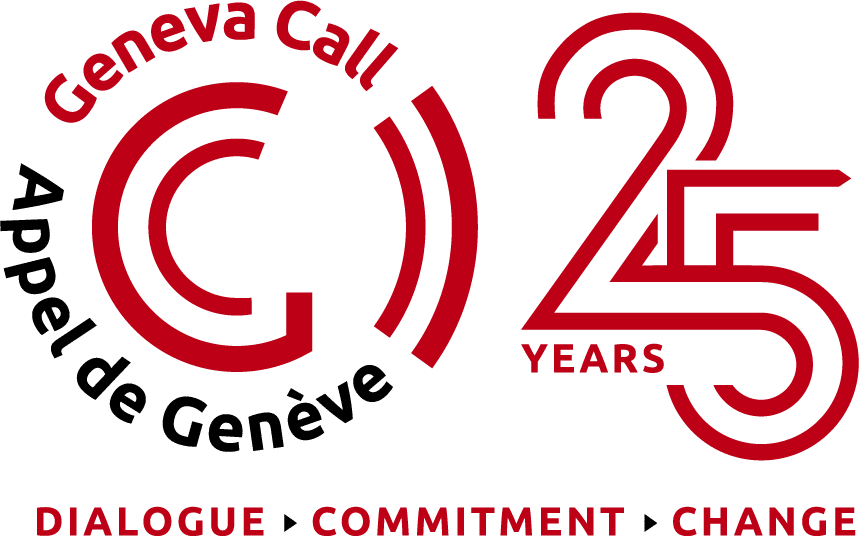Syria: monitoring the prohibition of child soldiers by Kurdish armed forces
7 octobre 2014
Following the signature of the Deed of Commitment protecting children in armed conflict by the People’s Protection Units (YPG) and the Women’s Protection Units (YPJ) last July, 149 child soldiers were demobilized from the armed forces and given the opportunity to join educational centres; two for girls, two for boys. Geneva Call recently conducted a monitoring trip to Syria and visited these centres. Most of the children are between 15 and 17 years old and they are now being given basic education and kept far away from hostilities.
A few children returned to their families, but for many, going back to their homes is not seen as an option; armed operations, closed schools, poverty in their families, domestic violence, and their own desire to join the armed forces make a safe and sustainable return unlikely.
According to the Democratic Self-Administration in Rojava, “After a visit to their family, some boys don’t want to come back to the centres, and without informing those in charge, try to re-join local military units.”
In addition, with the intensification of the fighting against “Islamic State” (IS), dozens more children have tried to join YPG-YPJ armed forces to defend their cities and villages. As for the region of Kobane, it has been extremely difficult to monitor the situation, as the city is under siege and targeted daily by IS. More than 150,000 people have fled to Turkey. Of these, thousands were evacuated from their villages by YPG-YPJ for their safety.
A continuous effort to keep children away from hostilities needs to be made by YPG-YPJ. A number of allegations mentioning young boys and girls seen with YPG-YPJ forces have been reported recently and are now under investigation by Geneva Call.
Despite these difficulties, YPG-YPJ commanders reiterated their willingness to comply with the Deed of Commitment and prevent any under-18s from taking part in hostilities. During its visit, Geneva Call noted that the self-administration’s civil servants undertake routine field checks. An interlocutor has been assigned by the self-administration to regularly share information on the situation with Geneva Call.
The YPG-YPJ are the dominant military force in the Kurdish-populated areas since the withdrawal of most Government forces in 2012 and have been mainly fighting against Islamist armed groups, notably the Islamic State and the Al-Nusra Front. The « Democratic Self-Administration in Rojava » was formed in January 2014 and is the de facto governing authority in the Kurdish areas.

